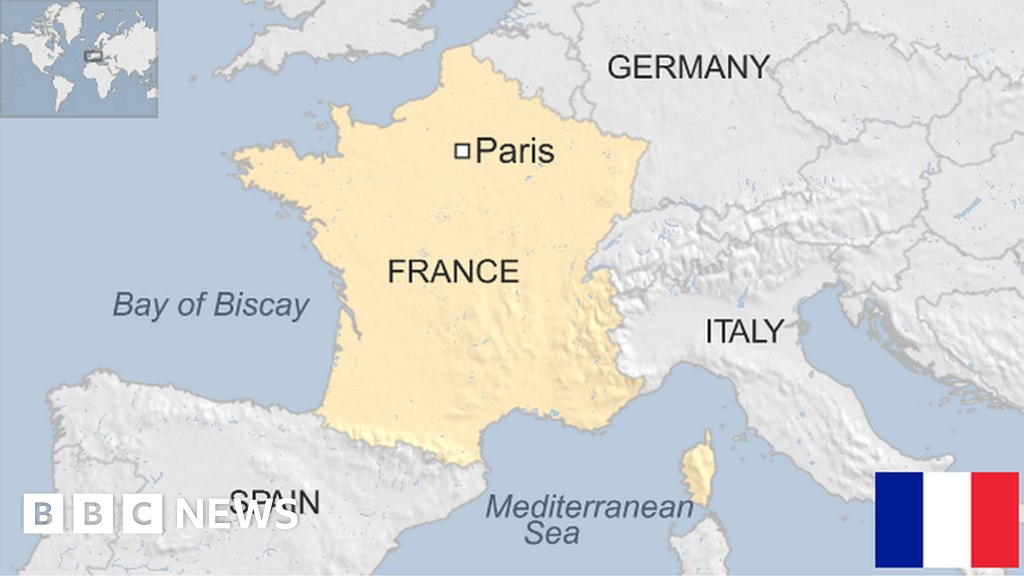1620s – Huguenot rebellions against French state’s centralising power and its increasing intolerance to Protestantism.
1638-1715 – Louis XIV. France emerges as the leading European power during his long reign, which is marked by major conflicts, including the Franco-Spanish War (1635-1659), Franco-Dutch War (1672-78), the Nine Years’ War (1688-1697) and the War of the Spanish Succession (1701-1715).
1685 – Louis XIV revokes the Edict of Nantes, forcing thousands of Huguenots into exile and publishes the Code Noir providing the legal framework for slavery and expelling Jewish people from French colonies.
1789 – Facing financial troubles, Louis XVI summons the Estates-General to propose solutions. Representatives of the Third Estate form a National Assembly, signalling the outbreak of the French Revolution.
1792 – Monarchy is abolished and First Republic proclaimed.
1793 – Louis XVI is convicted of treason and guillotined.
1799 – Napoleon Bonaparte seizes control of the Republic
1804-1814 – Napoleon crowns himself emperor of First French Empire. A series of military successes brings most of continental Europe under his control.
1815 – Napoleon is defeated at Battle of Waterloo by an allied coalition – ending 23 years of war across Europe – and the Bourbon monarchy is re-established.
1830 – The Bourbons are overthrown in the July Revolution, a constitutional monarchy under Louis Philippe I is introduced.
1848 – Amid revolutions across Europe, Louis Phillippe is overthrown and a Second Republic is established.
1852 – The president of the French Republic, Louis-Napoleon Bonaparte, Napoleon I’s nephew, is proclaimed Napoleon III, emperor of the Second Empire.
1870-71 – Franco-Prussian War. Prussian and German forces defeat French army, invade France and besiege Paris. Napoleon III overthrown. Third Republic proclaimed. Revolutionary government seizes control of Paris – the Paris Commune. Commune is bloodily suppressed by French government troops.
1914-18 – World War One: massive casualties in trenches in north-east France; 1.3 million Frenchmen are killed and many more wounded by the end of the war.
1939-45 – World War Two: Germany occupies much of France. Vichy regime in unoccupied south collaborates with Nazis. General de Gaulle, undersecretary of war, establishes government-in-exile in London and later in Algiers. Rise of French Resistance. Germans occupy all of France in 1942.

